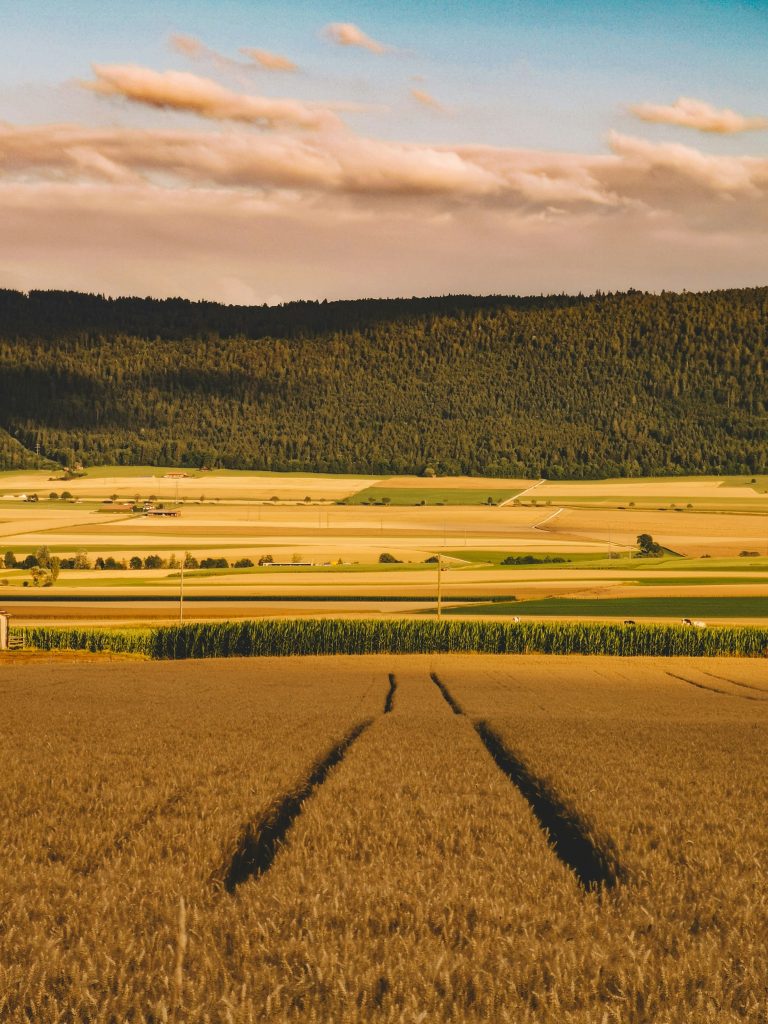How to reform CAP to improve agriculture’s contribution to the Europe 2020 Strategy?

The window of opportunity is narrowing for making the political and budgetary choices which will shape the European Union’s economic, social and environmental future from now until 2020. The “Europe 2020 Strategy” which endows the EU with a new growth strategy was adopted by the Heads of State or Government in June 2010. In 2011, the European Commission will initiate the debate on post-2013 CAP reform and the multiannual financial framework.
This paper is the fruit of an experts seminar co-organised by Notre Europe and Real Instituto Elcano in Madrid on the occasion of the Spanish Presidency of the Council of the European Union. More than a mere compilation of analyses, this study aims to contribute to the public debate on the future of EU policies and the European budget by proposing to examine to what extent the most integrated of all EU policies has contributed to the Union’s medium-term growth objectives.
Are agriculture and the CAP promoting smart, sustainable and inclusive growth? How can the CAP be reformed in such a way as to strengthen this contribution? The Spanish Minister of the Environment and Rural and Marine Affairs (June 2010), and some representatives of the European Commission, the Spanish Ministry of the Environment, the IEEP, the INRA, COPA-COGECA, OXFAM, Passions Céréales, of Wageningen and Cordoba Universities, will answer these questions





